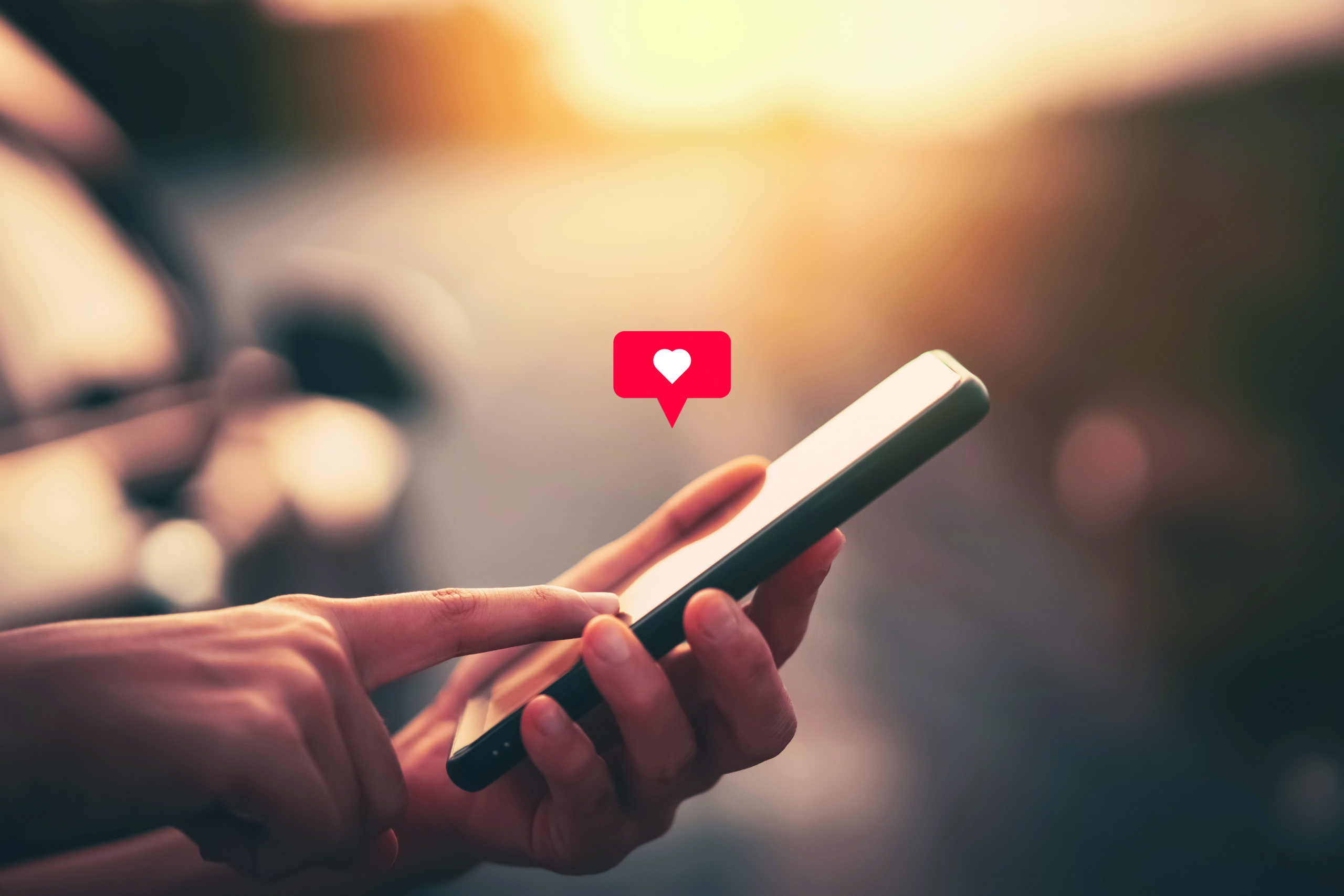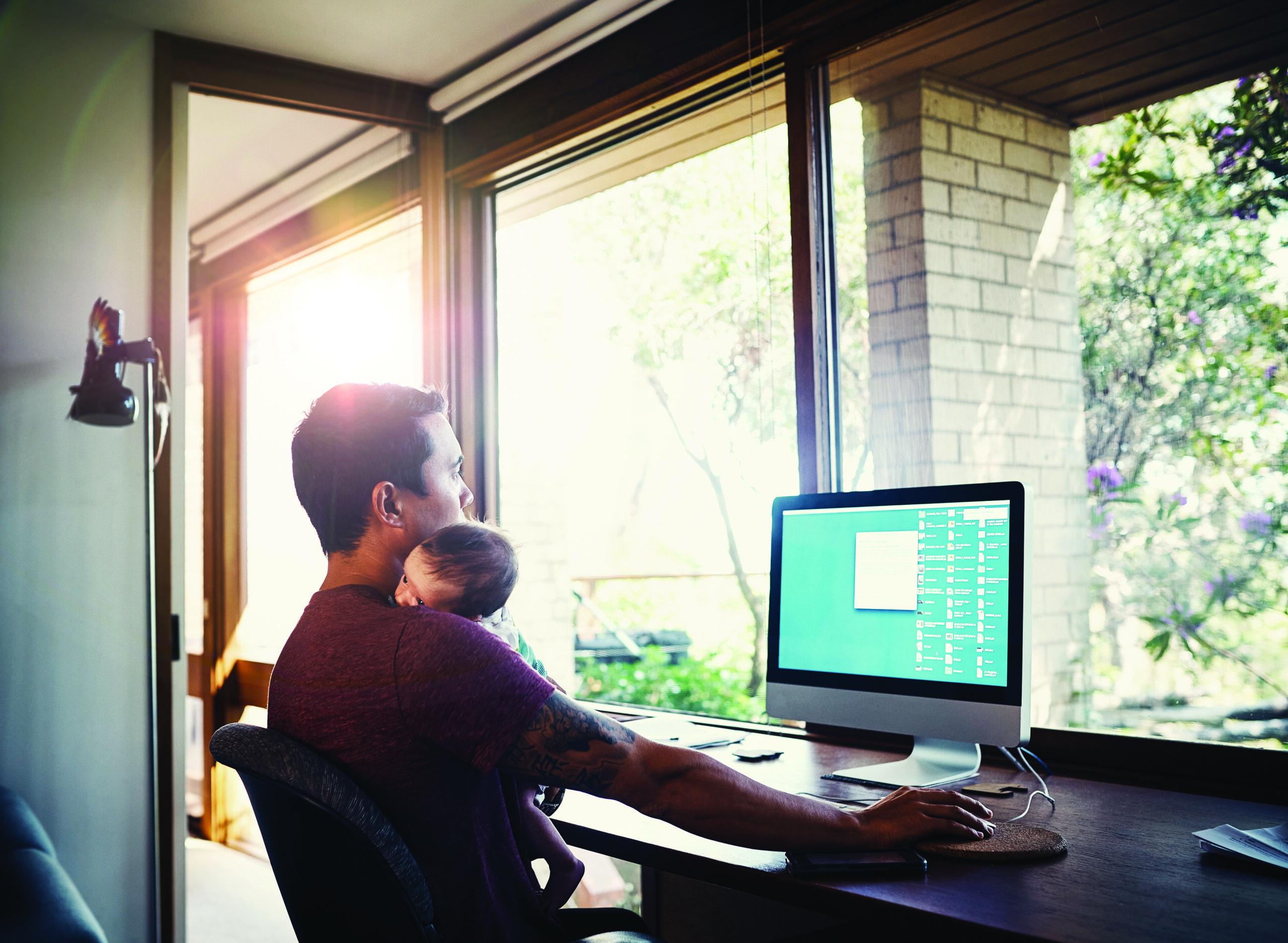by Eric J. Trauthwein
The COVID-19 pandemic accelerated the arrival of the Digital Age. While isolated in our homes by fear and uncertainty, many turned to technology as an escape from reality, but also as a way to remain connected to others. Overnight, businesses rushed to implement more advanced and efficient technological tools, so their employees could turn their kitchens into home offices and living rooms into classrooms. For all intents and purposes, what was accomplished could only be deemed a huge success—a major triumph in the face of this generation’s most precarious situation. However, now that the dust has settled and the world has slowly put itself back together, the ramifications of mass digital consumption remain present today. Even though the world is more digitally connected, it seems that human contact and relationships are growing increasingly disconnected each day.
Human beings were created for the purpose of physical relationships and interactions. Much can be learned and gained from interacting with others. According to an article published in the American Journal of Lifestyle Medicine:
“It is time to appreciate and utilize connections and social bonds as part of lifestyle counseling. Individuals need connections in their lives in the workplace and at home. Fostering these connections is critical to health and wellness.”
Making an effort to strengthen relationships and connections through in-person experiences can help with depression and loneliness. A phenomenon known as the “loneliness paradox” refers to the growing sense of isolation that individuals feel despite being constantly connected by social media. Once again proving that there is no substitute for an old-fashioned catch-up over coffee or drinks with friends. Slowing down your busy life to spend time with a college roommate or old colleague can have lasting effects on your mental well-being and overall confidence.
Countless research and studies provide evidence that supports how critical face-to-face interactions are for mental and physical health. However, as technology continues to advance, it can also assist in strengthening human bonds like never before. Digital platforms and apps, like Zoom, Skype, Facebook Messenger, Google Meet and FaceTime, allow humans to connect on a more intimate level than a typical phone conversation. This technology allows users to experience some of the subtle nuances of in-person communication, such as facial expressions and reactions, body language, tone and immediate feedback, that can sometimes be misinterpreted through a text message. Another positive aspect of this latest technology is that it gives people the ability to visually see and connect with family, friends and co-workers who live far away. Online forums like Reddit and Quora allow users with similar interests to discuss topics ranging from recipes to video games.
Technology is here to stay, but it should never be used to fully take the place of face-to-face interactions. Sharing life with other people is what separates humans from all other living beings. It’s in these relationships where we find ourselves through shared experiences. These deeper connections are where we learn to empathize with others because we’re all running the race the best we can. And sometimes, we need the approval and support from a friend to get through all of its obstacles.








Leave A Comment